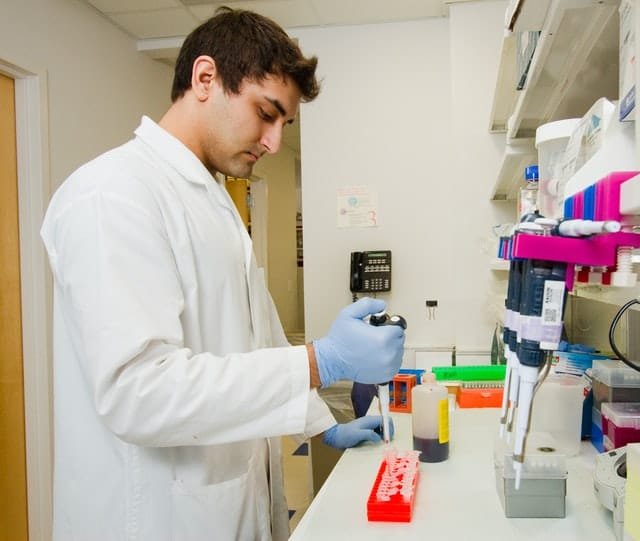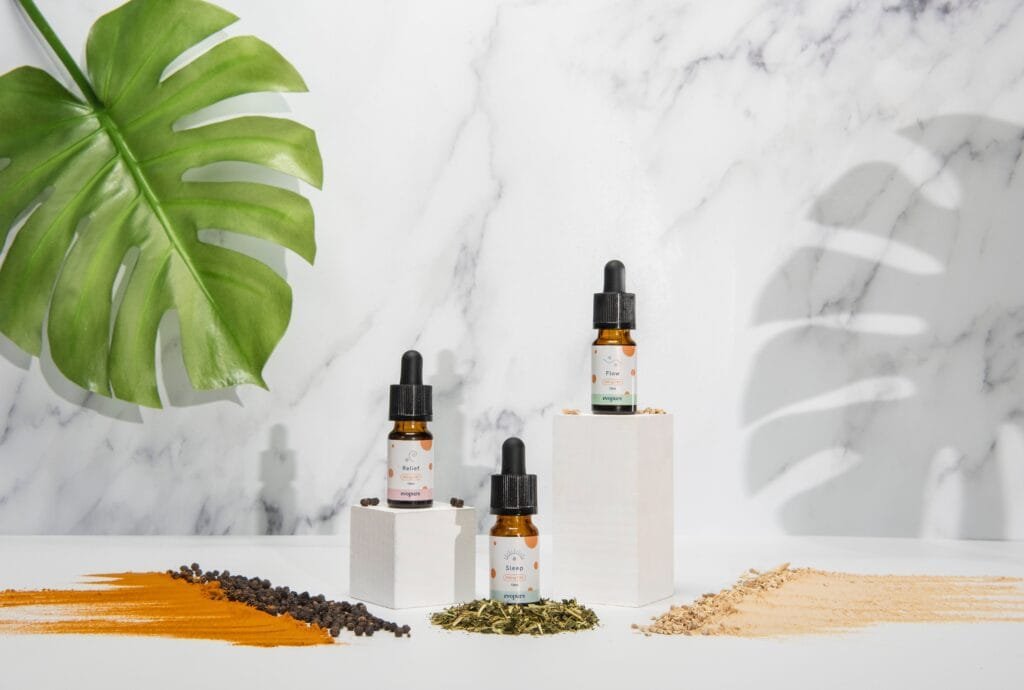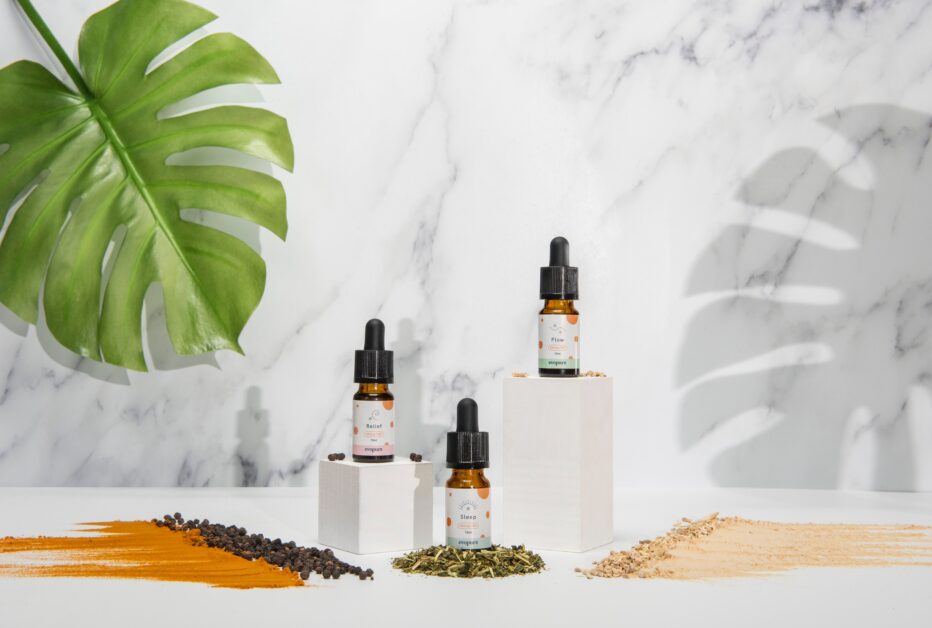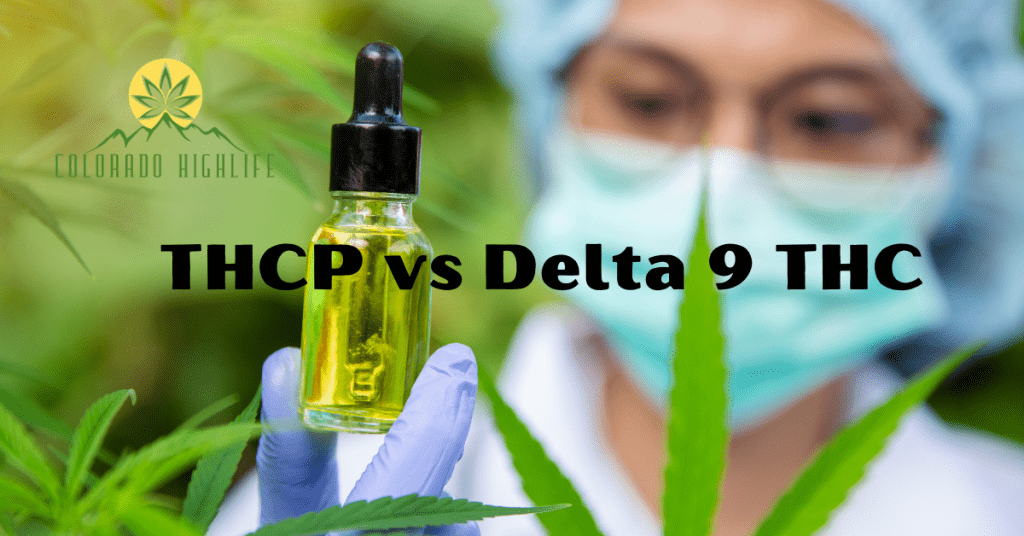Can CBD make you fail a drug test?
On November 3rd, as the American people waited to see who their next president would be, New Jersey, Arizona, Montana and South Dakota quietly became the latest states to legalize marijuana for medical and recreational use. In doing so, they brought the total number of states in which you can legally buy and ingest weed to 15.
This is unqualified good news, for sure, but it’s also a sober reminder that 35 states have yet to get with the program. And that means that, for an overwhelming majority of Americans, using cannabis can have serious repercussions—particularly if they do so shortly before submitting to a drug test.
THC is the psychoactive cannabis ingredient that gets you high, and, consequently, triggers positive drug tests. But what about that other, less-notorious cannabinoid, CBD? People all over the country are embracing CBD-rich extracts. Available in the form of oils, edibles, capsules, topical creams and more, these hemp-based products offer many of the therapeutic benefits of cannabis minus the side effects, and illegality, associated with THC.

CBD is perfectly legal. Therefore, it follows that you can use it as much as you want without having to worry about failing a drug test, right? Not exactly. In fact, many a drug test has been failed because of CBD products.
This confuses a lot of people for obvious reasons. After all, how can you test positive for THC when you’re not using THC? Well, for starters, not all CBD products are created equal; nor, for that matter, are all drug tests. There’s a lot of variables that need to be considered in order to fully understand this issue.
Types of CBD extracts
Most of the CBD products you see in the stores and online are hemp-based. Hemp, while derived from the Cannabis sativa plant, has a much lower THC content than marijuana does. To be exact, hemp contains less than 0.3 percent THC—far too low to have any intoxicating effect on users. That’s why hemp is legal under federal law.
It’s also why companies get away with selling “full spectrum” CBD products. Since the amount of THC in hemp is so minute, it’s not necessary to remove it during the extraction process. If the various terpenes are also left in (and they usually are), the final product qualifies as full spectrum, meaning it contains all of the plant’s primary constituents.
Why does full spectrum matter? Because of the entourage effect. CBD, THC and terpenes can only fulfill their potential when they’re able to work together as a group. It’s well documented that CBD essentially acts to regulate the effects of THC, making them more palatable. And a growing body of research demonstrates that CBD’s health benefits are amplified when it’s integrated with terpenes like myrcene, limonene and beta-caryophyllene, all of which are highly concentrated in cannabis.
CBD is also available in isolated form. In this case, all the other ingredients are filtered out during extraction, leaving only the CBD. On the plus side, assuming it’s manufactured properly, isolated CBD will not impair your ability to pass a drug test. But since it lacks terpenes and THC, the CBD’s therapeutic effects will be somewhat diminished (you could add back the terpenes with something from https://www.true-blue.co/collections/strain-profiles if you’d like.)
Before continuing, it’s worth recalling that there is a dearth of regulation in the CBD industry. Some companies take advantage of this; as a result, product labels are not always accurate regarding THC content. Only buy CBD products from trusted brands.

Full spectrum CBD and drug tests
Owing to the negligible levels of THC, full spectrum CBD derived from hemp is unlikely to lead to a failed drug test. But it’s not impossible, and there are several reasons for this.
First of all, it takes time for THC metabolites to leave your system. In the context of this article, the key metabolite is THC-COOH. That’s the one measured by drug tests. If the level of THC-COOH is above a certain threshold, the test will come back positive. (Drug tests generally do not screen for CBD.)
Since THC metabolites tend to linger for days or even weeks, they can build up incrementally over time. Let’s say you take a very large dose of full spectrum CBD every day for several weeks. Despite the fact that the concentration of THC in each dose is extremely low, the metabolites are gradually accumulating in your body. You could conceivably fail a drug test this way, although, to be clear, you would have to ingest a lot full spectrum CBD for this to happen—far more than most people would ever think to ingest.
Different testing methods
Some tests are more sensitive than others. Hair follicle tests, for example, will detect THC in truly minuscule concentrations. Thus, depending on the testing threshold, even a trace amount of THC—like that found in hemp—could prevent you from passing.
On the other hand, saliva tests aren’t nearly as sensitive or accurate. This can actually pose a problem, as some of these tests are unable to differentiate between CBD and THC. Take immunoassays, which rely on antibodies to screen for drugs. The problem here is that, when it comes to CBD, antibodies vary from product to product. Some may be flagged as THC by the immunoassay while others may not be, raising the possibility of a false positive.
Because they’re simple and inexpensive, these less accurate testing methods are very common. It’s crucial that you understand what kind of test is going to be administered so that you can prepare for it. To be on the safe side, lay off the CBD for at least a week prior to your test. This will minimize your risk of testing positive.
In the event of a positive test, you should request a second test in order to confirm the results of the first. If possible, specify that you’d like a hair or blood test this time; that way you can have full confidence in the accuracy of the results.
As for terpenes, although they interact with THC and CBD, they do not contain any cannabinoids and do not make you high. Terpenes will not cause you to fail a drug test.
How To Reliably Pass Drug Screenings
If you’re buying cannabis-sourced CBD oil, ensure its use won’t causes an excess of 50ng/ml threshold that is common in employer drug tests by checking the bottle has less than 0.3% THC content.
If you’re not intending on avoiding THC, then you’ll find several types of detox kits available to buy online. These kits are touted to help you remove traces of a particular drug from your system. Most often, they come in drinks or tablets and can take several days to work.
While it’s not recommended to try to cheat your employer’s drug test, THC detox tests do seem to get mostly positive user feedback. So if you’ve got yourself into a sticky situation they might be worth a shot.
The best way to pass a drug screening? You guessed it: don’t take any.
Better still? Just take the test and see what happens. If your company is still screening for marijuana in 2020, you’d probably be better off finding a new job anyway.
Looking for CBD? Find the best CBD products here at CBD near me.com


